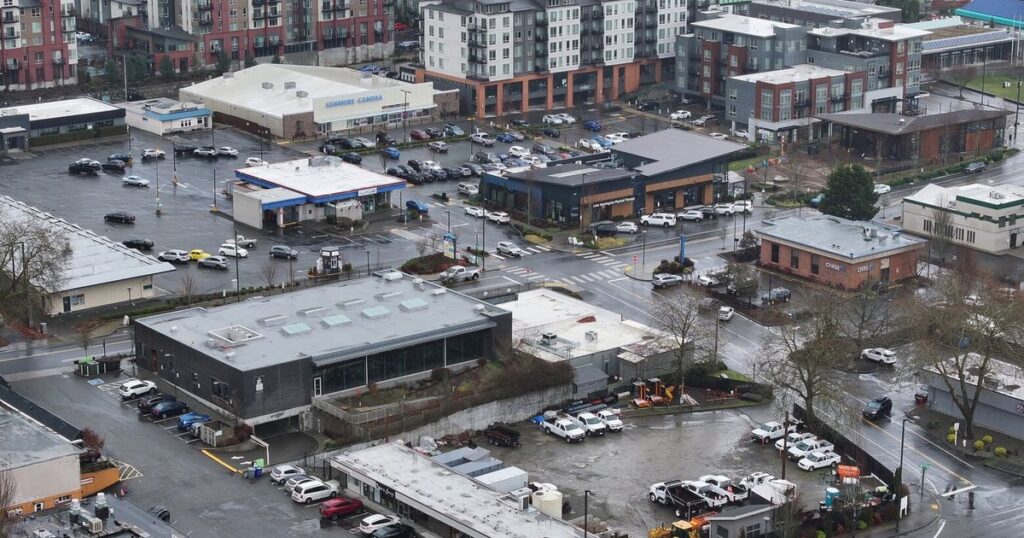[ad_1]
The city of Kenmore has prioritized affordable housing options for years. Among other projects, Kenmore has welcomed Mary’s Place and is currently working on a joint housing project with Imagine Housing, Hopelink, and Habitat for Humanity that will build 152 units with varying levels of affordability. Kenmore has consistently funded A Regional Coalition for Housing.
In December, after one or two years of negotiating and planning, Kenmore City Council denied a proposed development agreement for Plymouth Housing to build and operate 100 units of direct entry-from-homelessness housing. Before any public meeting regarding the failed Plymouth agreement, the city brought back a revised development agreement that was also denied by the council on Jan. 18.
Kenmore has 24,000 residents and is primarily funded through property taxes because of the lack of a commercial retail base. Kenmore incorporated 25 years ago and is still playing catch-up on infrastructure and parks. Northeast Bothell Way runs through Kenmore and consists of one- and two-story buildings. The Plymouth Housing project would have been a six-story structure on Bothell Way in the core of our small downtown. It would have been a block from our new community building and splash pad, and next door to our library.
The project was denied because it deviated significantly from our code in unit density, parking, property setbacks and exterior material aesthetics. As a city, we are trying to develop a sustainable economic base. A massive project of this size was completely out of scale for our community and out of proportion to our regional responsibility.
Plymouth has comparable projects in Belltown, Pioneer Square, First Hill, Capitol Hill and Ballard, and a new Bellevue facility. Kenmore has little in common with these other urban communities. The tenant population would have significant dependency and mental health requirements for which we lack the services and infrastructure to support adequately.
Kenmore was to give Plymouth $5.2 million in land and city funds at the same time the city was establishing a Financial Sustainability Plan Task Force to recommend ways to deal with a looming structural financial deficit. Kenmore is a small city with a contract police force, one grocery store and no major retail stores. We could not afford this project and it was unreasonable for representatives to expect us to.
Kenmore officials and Plymouth refused to acknowledge the adverse impacts of low-barrier supportive housing, any additional city costs associated with it and our lack of services and amenities typical of more densely populated communities. Scale and responsibility matter when we are considering housing projects, especially low-barrier projects. Plymouth continually refused to address community concerns.
Within two weeks of the Plymouth project denial, legislation (House Bill 2474) started moving through Olympia. It is a knee-jerk reaction to Kenmore’s decision. This bill requires cities to get approval from the Department of Commerce before denying a comparable housing project. In other words, cities will now need Olympia’s approval before denying a project for legitimate concerns, even a project that does not currently meet development code and standards. This bill will further strip community decision-making from city councils and from citizens.
Plymouth could have presented a project to the city for likely approval if they had just met Kenmore’s reasonable code requirements. They chose to deviate from our code. Doing so necessitated a development agreement requiring a supermajority for council approval.
Fortunately, four of the Kenmore City Council members recognized that this was a poorly planned project. This should serve as a wake-up call to smaller communities throughout Washington.
[ad_2]
Source link

